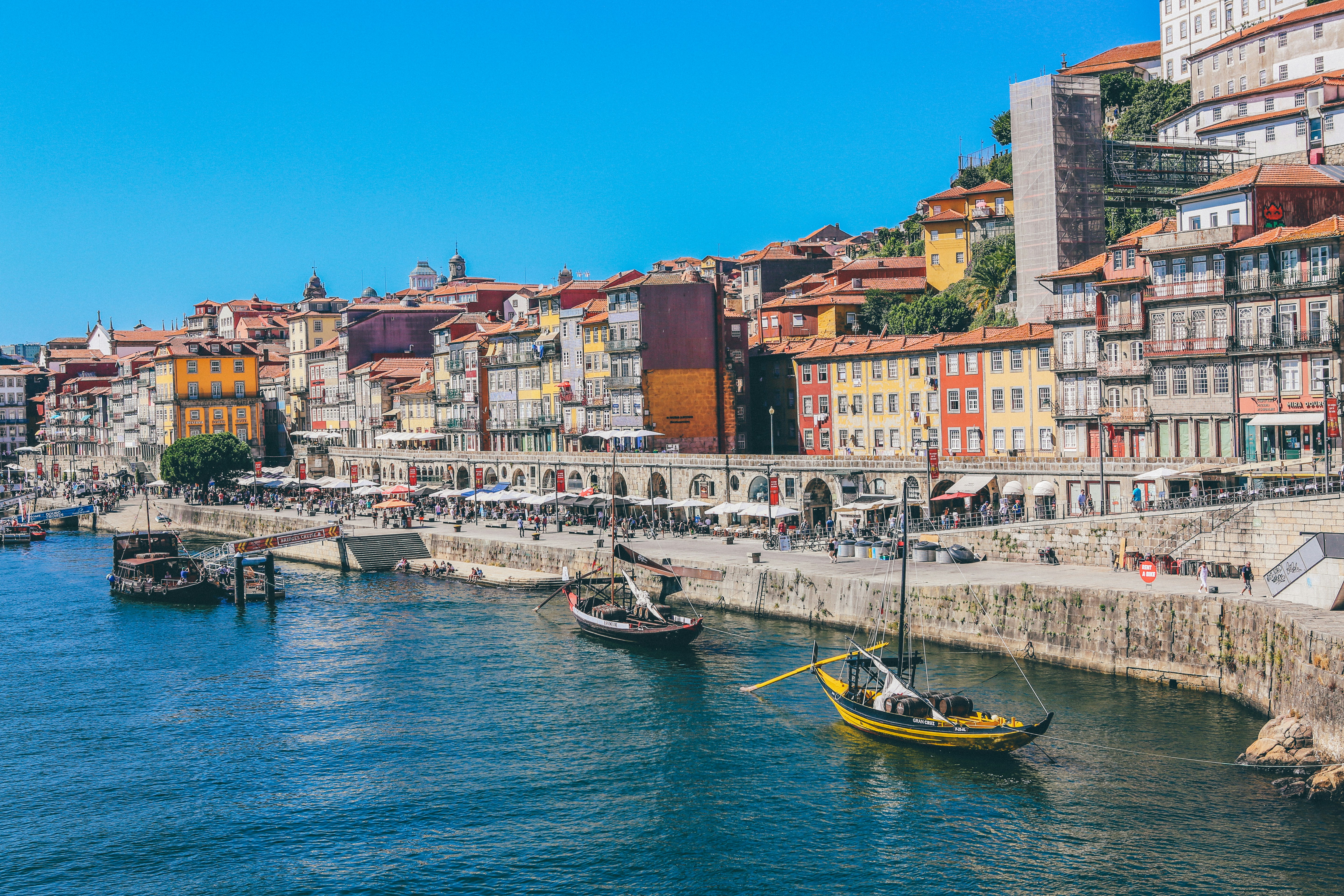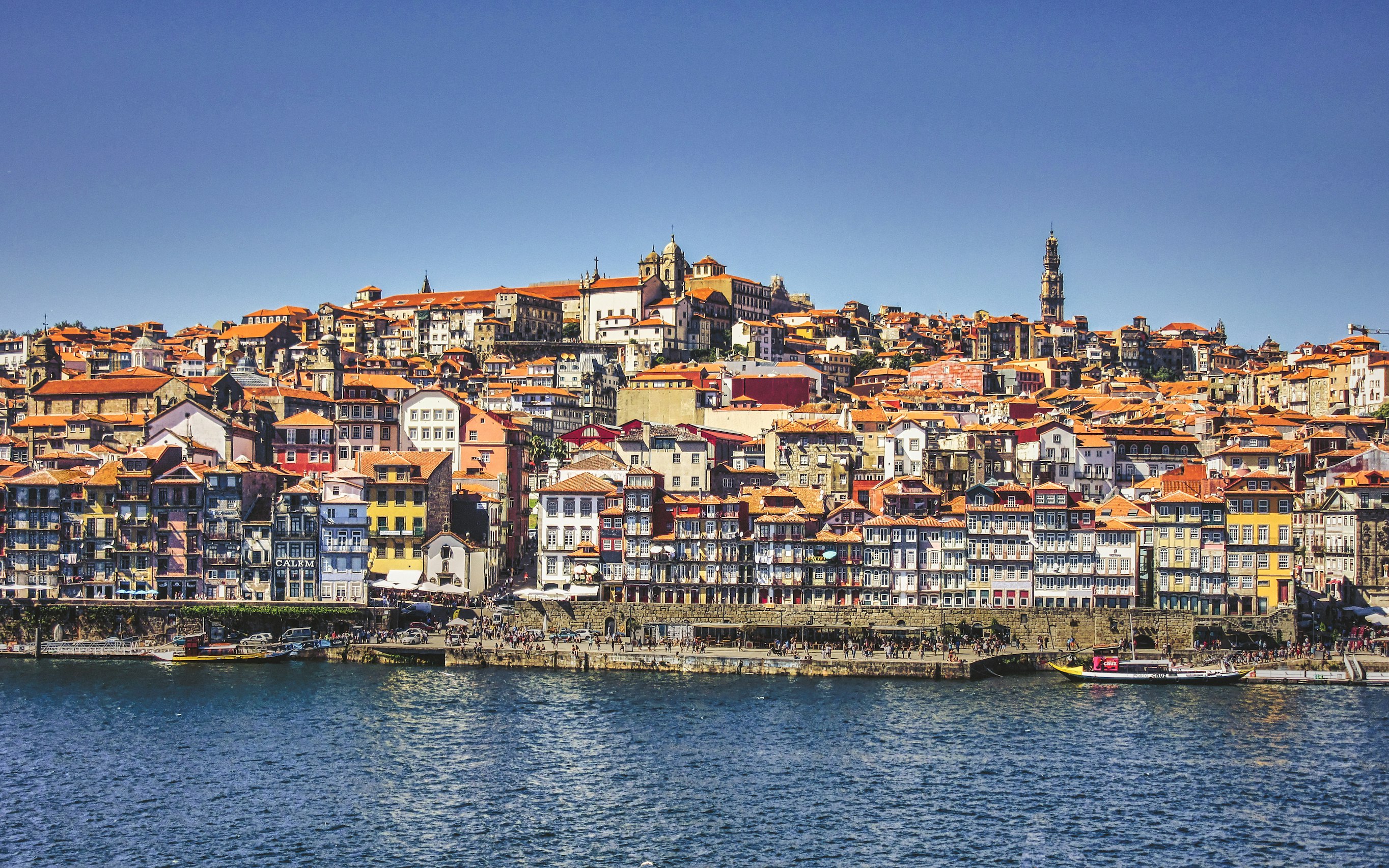Student Accommodation in Portugal
Whether you're looking for cozy en-suites, fully private studios, or budget-friendly shared apartments, there is a variety of student housing options in Portugal. Here are the main types:
- Purpose-Built Student Accommodation (PBSA): PBSAs are an accommodation type in Portugal that is provided specifically for students, and they include purpose-built properties that provide a modern, secure, and student-friendly environment. PBSAs offer studios, shared flats, and en-suite rooms and provide a range of amenities including study lounges, gyms, cinema rooms, game zones, and laundry facilities.
- Private Studios: Private student studios in Portugal are self-contained living spaces that are great for students who prefer complete privacy. A studio in Portugal usually has a sleeping area, bathroom, kitchenette, and study area. You can find a studio within a PBSA or a studio in a private rental.
- Ensuite Rooms: These provide a student with their own private bedroom and bathroom with shared access to a common kitchen and lounge area. This option provides privacy but allows you the option of community service.
- Shared Apartments: Shared student apartments in Portugal are apartments that are generally offered by private landlords. A flat is shared by 2-3 students with private bedrooms and shared bathrooms, kitchens, and living rooms. Compared to other accommodation types, this can offer a more affordable option for international students.
About Portugal
Portugal is one of the most lively and cheapest countries available in Western Europe, and annually, there are thousands of international students who spend a year studying in Portugal. With a sunny and warm climate, beautiful beaches, open and friendly locals, and some excellent universities, Portugal is the go-to destination for students who are seeking quality education and want to explore a culturally rich and relaxed destination. Portugal offers an excellent standard of living, programs taught in English, and a growing number of international students every year.
Why Study in Portugal
Here’s why international students love studying in Portugal:
- World-Class Universities: Portugal has some of the oldest and most respected universities in Europe, like the University of Coimbra and the University of Lisbon, as well as a variety of English and Portuguese programs to choose from.
- Affordable Education: Tuition fees in Portugal are low compared to many European countries, making it a very cheap place to study.
- Many Scholarship Opportunities: Students can benefit from a variety of scholarships offered by the Portuguese government, Erasmus+ (the EU student exchange program), and universities.
- Great Climate and Lifestyle: Portugal enjoys 300 days of sunshine a year, Mediterranean food, and a way of life that enables students to have a work-life balance.
- Safe and Student Friendly: Portugal is one of the safest countries in Europe, with supportive locals and inclusivity for students.
- Multilingual Options: Courses are offered in English, especially at the postgraduate level, so international students can easily get by.
Popular Universities in Portugal
- University of Lisbon
- University of Porto
- University of Coimbra
- NOVA University Lisbon
- University of Minho
- ISCTE - University Institute of Lisbon
- Catholic University of Portugal
- University of Aveiro
Popular Cities for Students in Portugal
From coastal cities to historical towns, here are Portugal’s best cities for students:
Cost of Living in Portugal
The cost of living in Portugal is comparatively affordable, making it ideal for students on a budget. Here’s an approximate monthly breakdown:
- Student Accommodation in Portugal: €250 to €700, depending on the city and type (shared, ensuite, or studio).
- Food: Monthly groceries cost between €150 and €250. Eating out is affordable, especially with student discounts.
- Transport: Public transport passes cost around €30 to €45 per month for students.
- Other Expenses: Around €100-€150 per month for leisure, shopping, and other personal needs.





